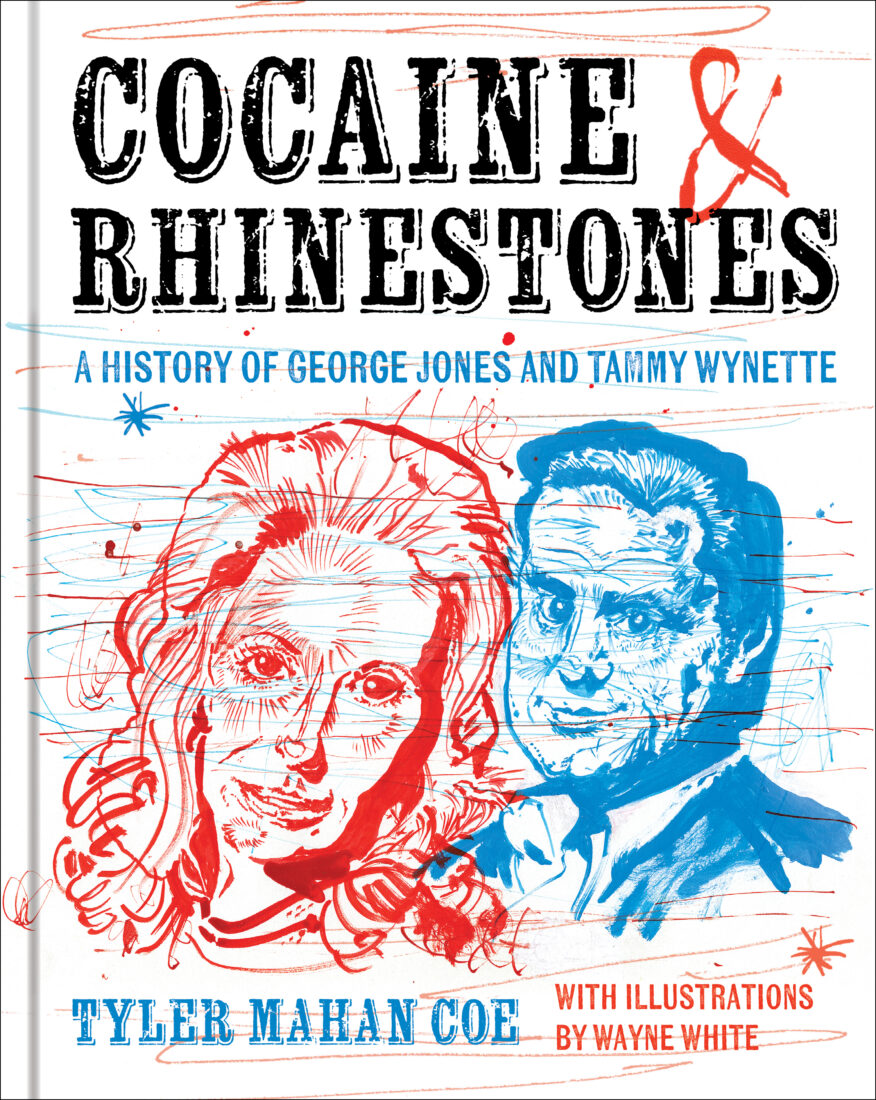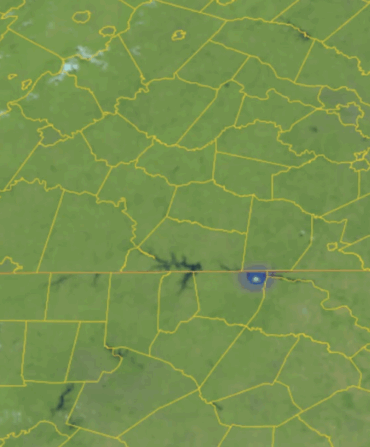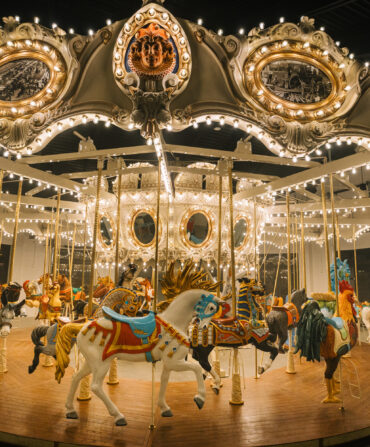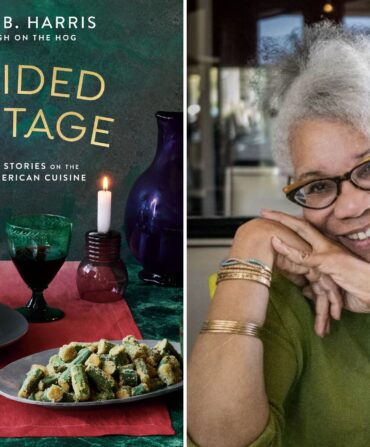In case you haven’t noticed, country music is having a moment.
“A lot of pop stars are flirting with some version of country music right now,” says Tyler Mahan Coe, a former touring musician based in East Nashville and a de facto music historian. “Beyoncé made her album, Post Malone just came out with his album. And the biggest pop star in the world, Taylor Swift, started in country.”

It’s not the first time country music has landed squarely in the spotlight of the American mainstream, and it won’t be the last. That’s one reason Coe took it upon himself to document its history, a record he says has often been relegated to the sidelines and word-of-mouth recollection.

As the author of the new book Cocaine and Rhinestones (Simon & Schuster) and the brains behind the exhaustively researched podcast of the same name, Coe is on a mission to tell the full, true history of country music and how its snaking plotlines are interwoven into broader American culture.
Coe brings the perspective of an industry insider and a scholarly attention to detail to the genre that molded him. Before he was old enough to read, he would join his father, the often-controversial musician David Allan Coe, on stage. He calls his dad “a notorious fabulist” whose stories provided an immersive—if imperfect—education on the subject, one that only fueled his desire to do his own fact checking.
“It seems there are a lot of folks walking around who just cannot handle being told they were misinformed, but I’m not like that,” he says.
In the book as on his podcast, Coe’s curiosity drives him to connect seemingly unrelated moments in history—like how the rise of bullfighting foretold the rags-to-riches rise of country icon George Jones. Fans of country music can now saddle up with Cocaine and Rhinestones for a ride through the shadowy past of shady recording-biz hawks, pinball addicts, and honky-tonk performers who were willing to risk everything for fame. But first, G&G had a few questions for Coe.
Your book doesn’t begin in Nashville, where so many people would expect it to. Why?
That’s one of the primary misunderstandings folks have about the whole genre—you know, “It’s Nashville or it’s nothing.” Country music comes from all these other places, and people bring it to Nashville. I think it’s really important to highlight these other places of origin. Obviously Texas is a massive one, and the Mississippi-Alabama area where Tammy Wynette comes from and also Billy Sherrill, who plays a major part in the music and the book. All these people did work that got the most attention in Nashville, but it wasn’t Nashville that did it. They just came to Nashville to do it.
The stars of your book, George Jones and Tammy Wynette, are pictured on the cover. How is their story central to the overarching story of country music?
When I had the idea to do the podcast, I knew what the first five seasons should look like in general terms. I knew season two would be George Jones, and I knew Tammy would need to be a part of that. He was in the system of country music for over half a century. And it happens that his story intersects with a ton of things I think are very important to talk about in country music.
George Jones is an outlaw, even though everything he ever recorded in Nashville is an example of the “Nashville sound” by any definition of that term that you want to use. So what allows this disconnect to happen, where this guy is the epitome of the Nashville recording industry establishment, yet he gets to be regarded as an outsider? And that’s where you get into issues of addiction. And since Tammy Wynette is a major part of George Jones’s story, her issues with addiction also become very important.
All of this leads to a conversation about fame and celebrity and the idealized version of a person’s life that is being sold to you. George really just wanted to make music, and Tammy definitely wanted to be famous, so their motives for getting into it were different, but neither one of them understood what it was actually going to be like.
You grew up learning about country music from the inside, being around your dad and playing alongside him at points. Did those experiences push you to do your own research?
Yes, definitely. There are a lot of stories I heard from him that, when you look into it, there’s just no way it happened anything remotely like the way I heard it. And I think this is a universal experience among country music fans. When you are a fan of something that doesn’t get the same attention from mainstream media, it becomes a game of telephone. You’re just swapping stories with other fans and people who know someone who was at that show when that thing happened, and this is what they said happened, and that’s the way that this history got recorded for a very long time.
Garden & Gun has an affiliate partnership with bookshop.org and may receive a portion of sales when a reader clicks to buy a book.








